From left to right: Dr. Michael Moore, Dr. Derek Gillies and Dr. Baochang Liu.
Patients don’t feel anything physical when they receive radiation treatment, but that doesn’t mean it’s not intimidating.
The treatment requires patients to lie still in a large machine called a linear accelerator, which delivers high-energy x-rays or electrons to the area of a patient’s tumour. The linear accelerator moves around the patient to deliver radiation from several angles.
Radiation therapy, which roughly 50 per cent of patients with cancer receive at some point during their treatment, uses high-energy particles or waves to kill or control the growth of cancer cells.
None of this would be possible without medical physicists.
At the Walker Family Cancer Centre (WFCC), located at the Marotta Family Hospital in St. Catharines, medical physicists apply their knowledge of physics to a variety of treatments, devices and technologies to provide the best care possible to patients. They are an integral part of the healthcare team for patients with cancer, and ensure that cancer treatment equipment operates safely and effectively. Medical physicists have specialized training in the medical applications of physics, which is the study of nature that focuses on the physical range of motion, force and energy.
“Our team of medical physicists at the Walker Family Cancer Centre work extremely hard to help provide the most effective and comfortable cancer care to patients,” says Tracy Fazzari, Director, Oncology and Palliative Care at Niagara Health. “Each year, approximately 10,000 patients receive care at Walker, with more than 16,000 chemotherapy treatments and 22,000 radiation treatments.”
As part of the Hamilton Niagara Haldimand Brant (HNHB) Regional Cancer Program, the WFCC team works in partnership with the Juravinski Cancer Centre and other partner hospitals to deliver high quality patient-centred care.
Niagara Health has a team of five medical physicists who make a meaningful impact on patients’ healthcare journeys. Learn more about them below, and consider applying for our Director, Medical Physics position.
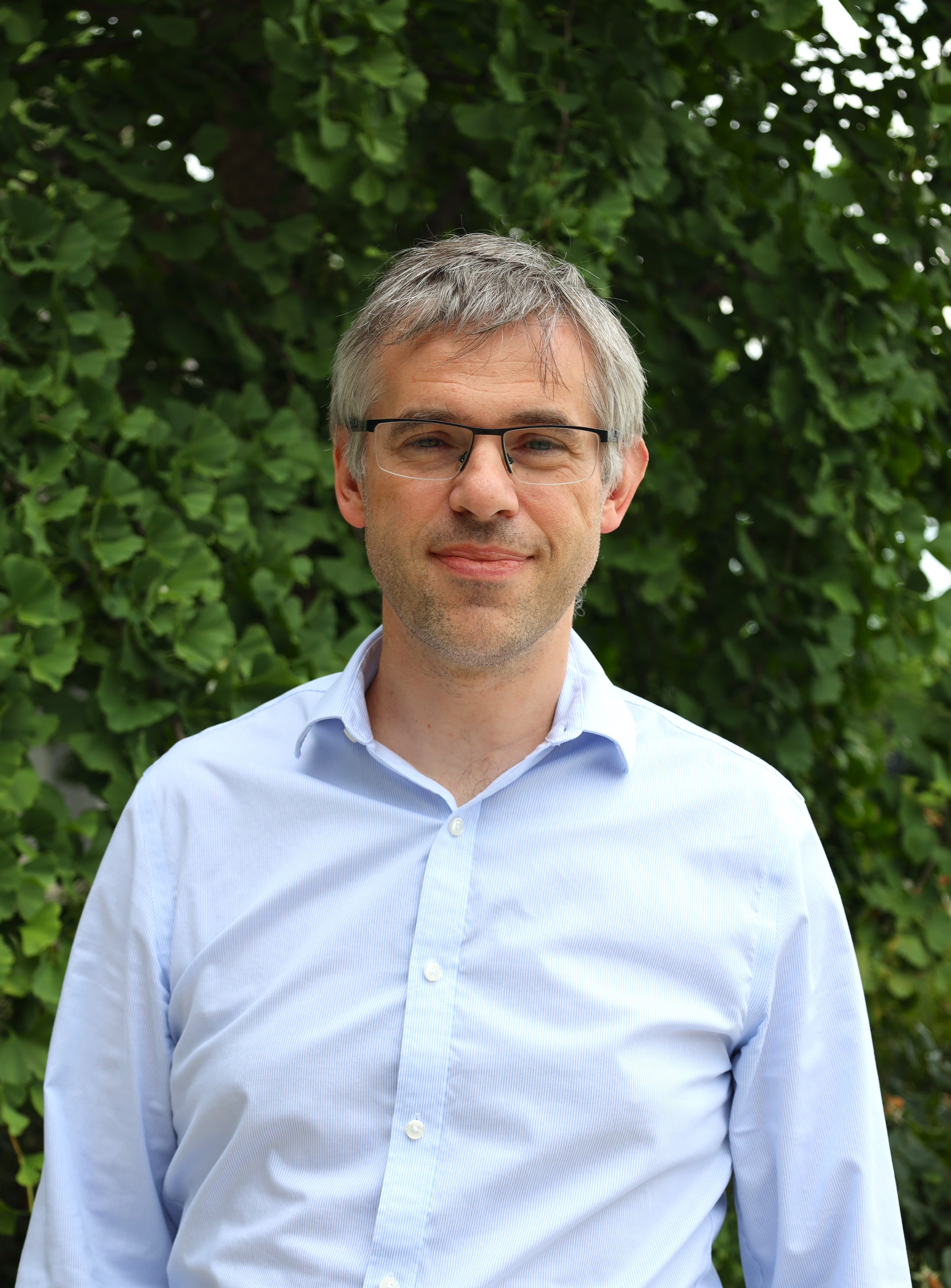 Dr. Josef Dubicki, Senior Medical Physicist
Dr. Josef Dubicki, Senior Medical Physicist
Dr. Dubicki, who has worked at Niagara Health for nine years, originally trained as a particle physicist before becoming a medical physicist. He moved to Canada in 2015 after working in the U.K, where he led various projects involving cervix and prostate treatments. In addition to serving as a senior medical physicist, he is also the radiation safety officer at the WFCC, lead physicist for the breast and lung disease site groups, an adjunct professor at Brock University and sits on provincial steering committees for radiation safety and risk incident groups.
He enjoys being part of a small, dynamic team that utilizes cutting edge technology in order to implement new treatment techniques to improve patient care within the Niagara region.
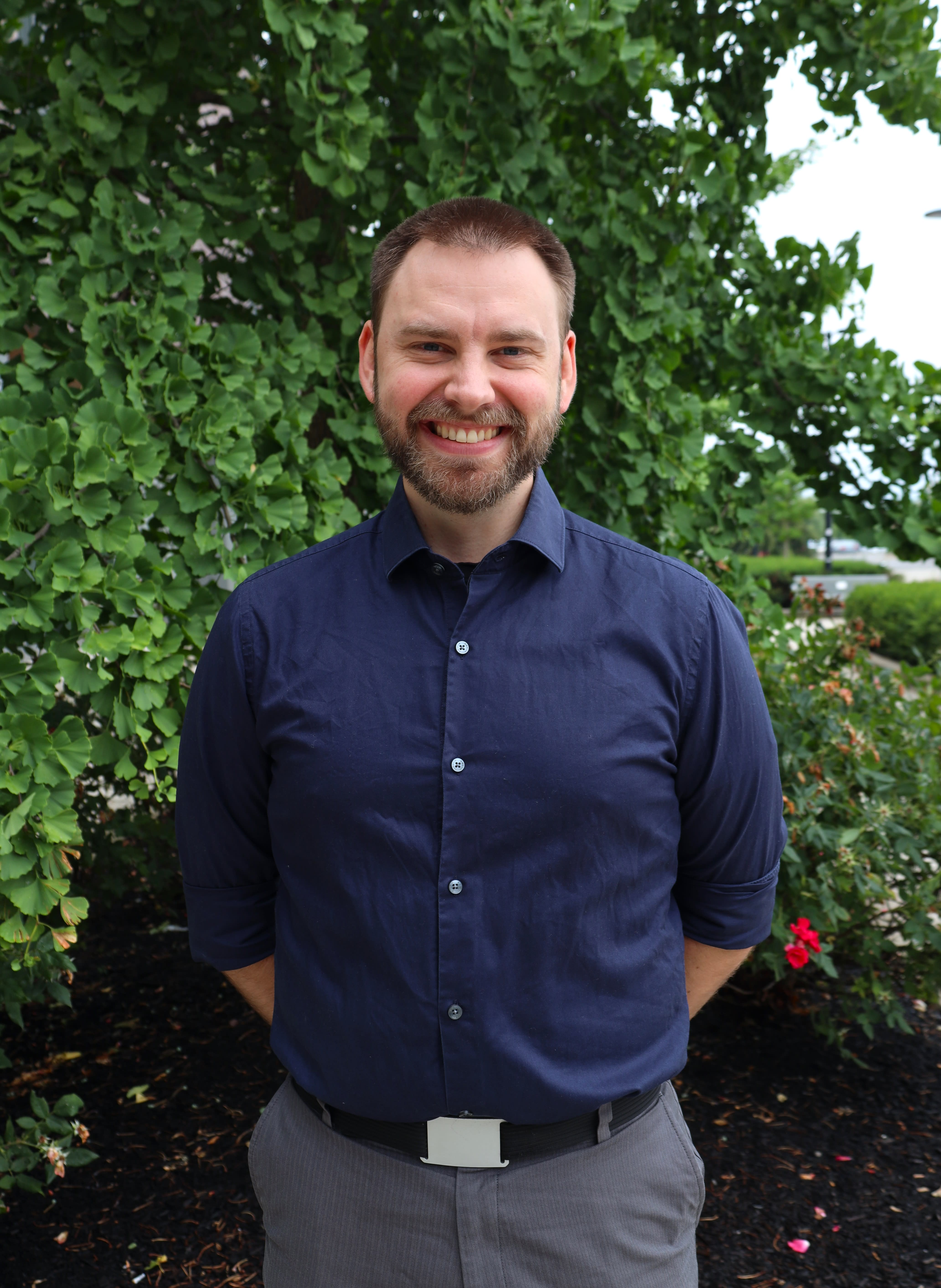 Dr. Derek Gillies, Medical Physicist
Dr. Derek Gillies, Medical Physicist
Dr. Gillies is the physics lead for the metastatic and central nervous system disease site groups at the WFCC and will be leading the centre’s clinical implementation and transition to a new state-of-the-art radiation treatment planning system. He has a background in 3D ultrasound image guidance, and has contributed to various research projects, including artificial intelligence to improve prostate and liver cancer procedures. He also has experience with the clinical implementation of surface guided radiotherapy for patient monitoring during stereotactic radiotherapy for brain tumours.
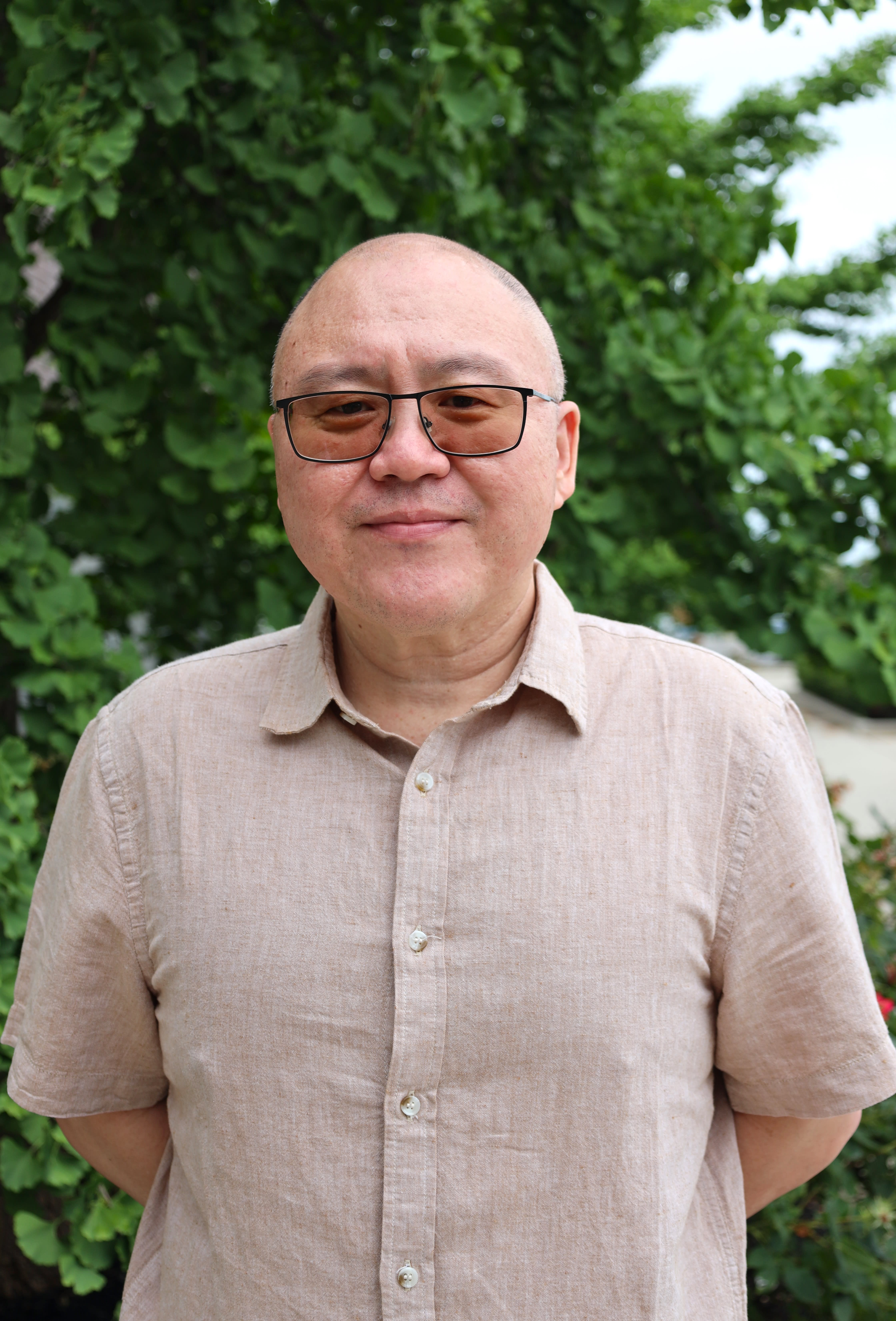 Dr. Baochang Liu, Senior Medical Physicist
Dr. Baochang Liu, Senior Medical Physicist
In addition to his work as a senior medical physicist at the WFCC, Dr. Liu is an adjunct assistant professor in McMaster University’s Department of Physics and Astronomy. It was here that Dr. Liu earned his PhD, and he continued on to receive his postdoctoral fellowship training at the Perelman School of Medicine at the University of Pennsylvania, where he also obtained the CAMPEP-accredited post-graduate certificate in medical physics.
He enjoys working with an energetic team and utilizing their knowledge and experience to take new challenges and to introduce new technology and techniques to benefit patients in Niagara.
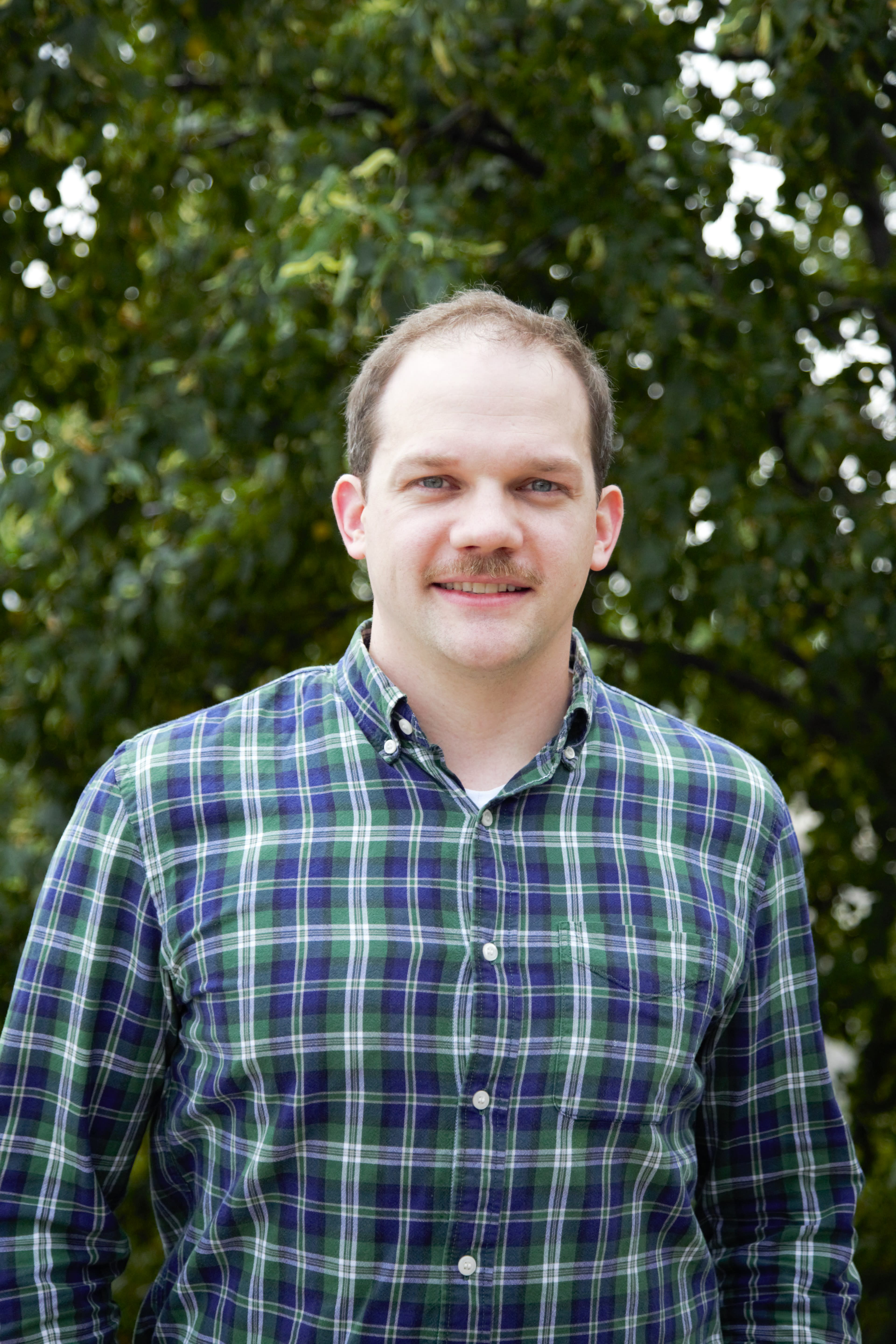 Dr. Nick Majtenyi, Medical Physicist
Dr. Nick Majtenyi, Medical Physicist
As a 20-year Niagara resident, Dr. Majtenyi says that one of his favourite parts of working for the WFCC is having the opportunity to support cancer care to those in his community. His previous research experience included using MRI data to diagnose brain cancers and the evaluation of dose calculation algorithms used in clinical treatment planning systems. He is the lead physicist for the gastrointestinal disease site group, image guidance radiation therapy, and the documentation working group. Additionally, he is the co-lead for the installation and commissioning of the WFCC’s new linear accelerator.
He strives to improve patient care in all aspects of his work, including optimizing treatment workflows and prioritizing collaborations with radiation oncologists and radiation therapists.
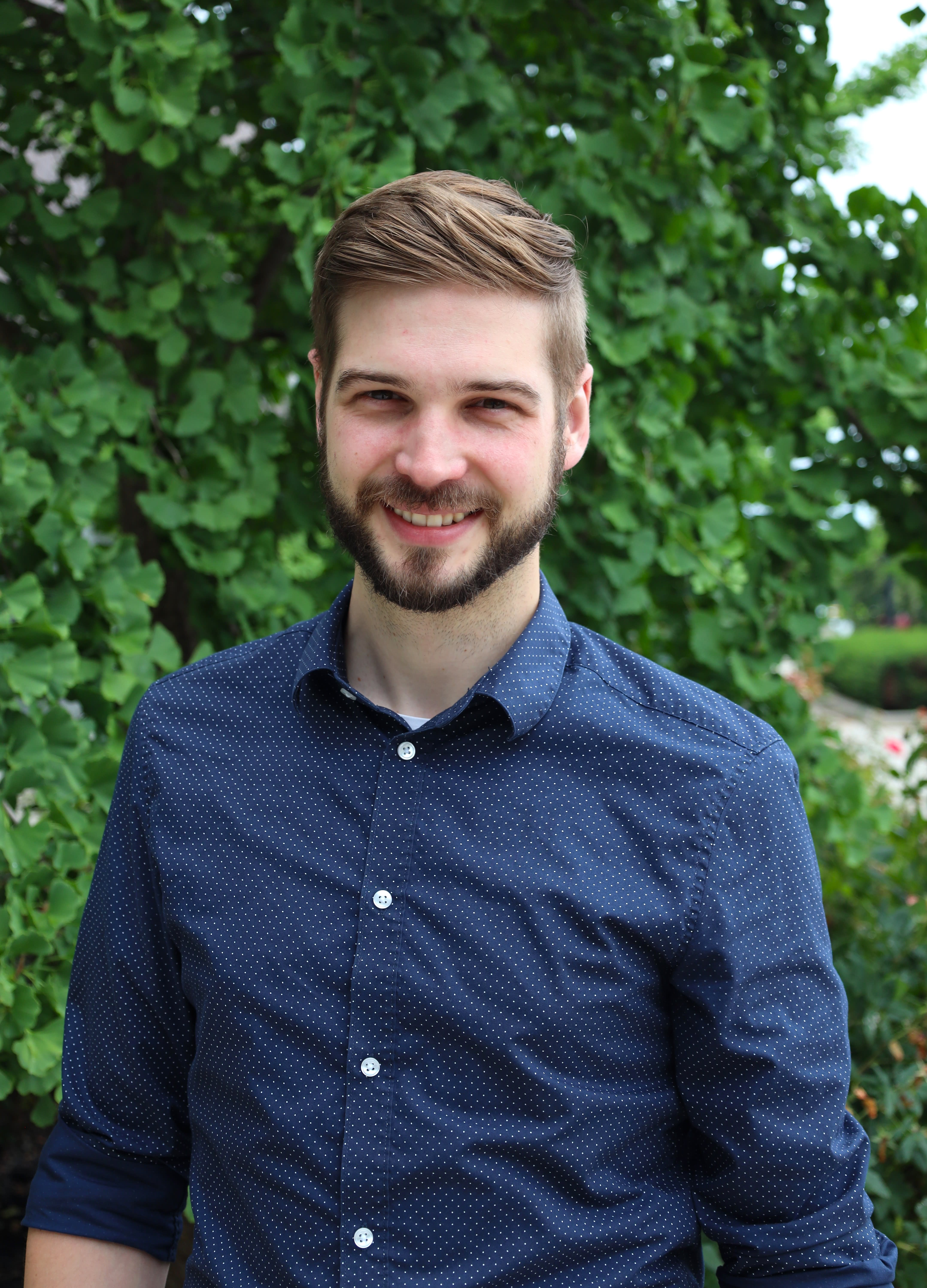 Dr. Mike Moore, Medical Physicist
Dr. Mike Moore, Medical Physicist
Throughout his three years at the WFCC, Dr. Moore has launched the centre’s 3D printing program to create accessories for use in patient treatment, has chaired various committees and site teams, aided in creating the CT Simulator program – which determines the size, shape and location of a tumor. His research interests include 3D printing, automation and AI in radiation therapy, surface guided radiation therapy and medical imaging.
His favourite thing about working for the WFCC is being part of the process of implementing and using new technologies and techniques that are on the cutting edge of radiation therapy practices.

